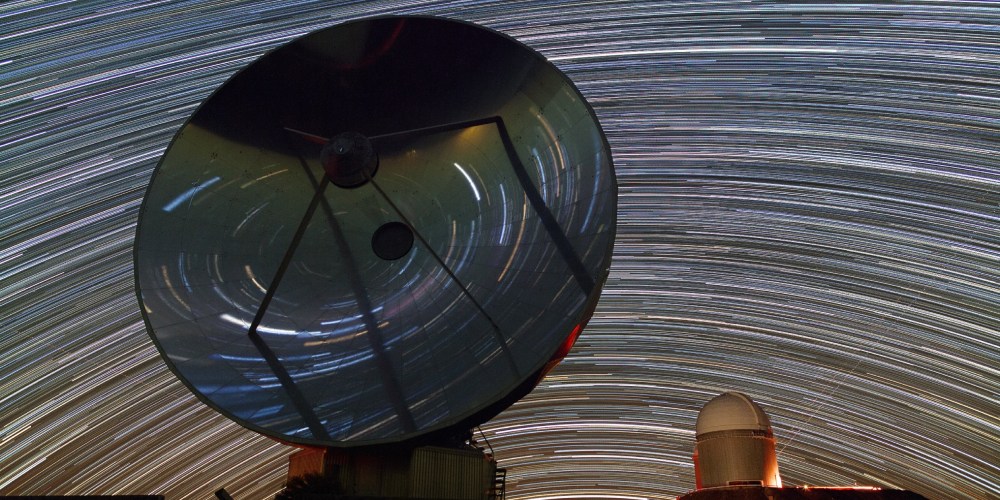According to the government, observation of the universe from telescopes in Chile will, by 2022, generate as much data or more than Facebook and Twitter or Internet giants Google and YouTube, pushing out the boundaries of big data.

“We believe there is an enormous opportunity in the field of astronomy. Thanks to its natural laboratory for observation of the skies, Chile accounts for 70% of all the astronomical investment in the world and we believe it can be key because this area is driving the science of big data.” This was the way in which the director of the Economy of the Future, Julio Pertuzé, presented the Economy Ministry’s new disruptive idea of creating a Virtual Data Observatory to gather the information collected by the country’s enormous telescopes.
Pertuzé indicated that, through this project, Chile can move from being a country of astronomers to one of data scientists. “This initiative is an invitation to leverage investments in technology to handle this large volume of data and permit its processing for the community of astronomers around the world,” he said.
Specifically, the creation of the center envisages the unification of data from observatories in Chile in the cloud, accompanied by measures to train the so-called data scientists and generate R&D technologies around big data.
The idea of gathering all the data from observation of the universe in a “cloud”, created especially for the sector, is not new. In early 2017, Matthew Graham, a senior computational scientist at Caltech’s Center for Data-Driven Discovery, said that Chile had the potential to become the center of global astroinformatics.
“Chile has the best observatories in the world, with the instruments and installed capacity as well as scientists and professionals trained for the development of astroinformatics,” said the expert at that time. He added that, without a doubt, “the country could in the future become the world “cloud of astronomy”. If it had a large data center, astronomers from all over the world would connect to the Chilean cloud.”
And that is precisely the government’s aim because, according to the calculations that Julio Pertuzé presented at a business seminar a few days ago, observation of the universe from telescopes in Chile will, by 2022, generate as much data or more than Facebook and Twitter or Internet giants Google and YouTube, pushing out the boundaries of big data. The creation of a Virtual Data Observatory would help astronomers, scientists and researchers to access a cloud of datasets from centers in Chile in order to share and analyze the information obtained.
Astronomy, science and economy: “The unique opportunity for Chile”
Although the challenge appears difficult, particularly considering that Chile invests only 0.4% of its GDP in R&D, the picture is clear for Pertuzé. “The worst thing we can do is wait for technologies to mature [...] I know that being first can often be expensive, but being second can often be fatal,” he says. “We will have to develop technology, infrastructure and processing capacity on a scale we have not yet seen, but we believe that there, as a country, we can play a role,” he indicated, emphasizing the investment this would attract to the country.
As regards how this new Virtual Data Observatory could contribute to the goals of the Economy Ministry, Pertuzé explained that “we have evidence dating back many years which shows that products associated to astro data are being generated which can be used in other fields.” As examples of this, he pointed out that “there are projects working with astronomers to stop evasion on Transantiago, projects that are being evaluated to track people in the retail sector and conservation projects for animals in danger of extinction.”
Economy Minister José Ramón Valente described astro data as “an important issue for the future of Chile”. In his view, “we have the unique opportunity to be number one from the point of view of astronomical observation.” And, concluding, he emphasized that “the potential is not only in observation of the universe, but also in the quantity of data generated by that observation. We want to create a research center that brings together all this data and transforms us into one of the world leaders in the analysis of astro data.”
Would you like to know more about Chile’s contribution to world astronomy? Read this article.
Source: Emol



%2017.11.51.png)

